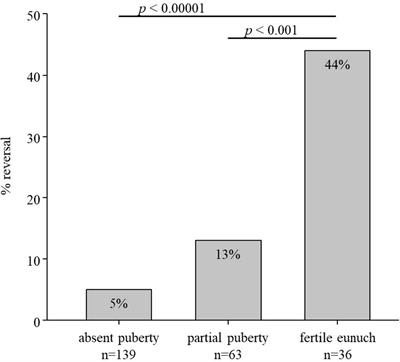EDITORIAL
Published on 11 Nov 2024
Editorial: Male hypogonadism: need for reclassification?
doi 10.3389/fendo.2024.1514350
- 440 views
3,670
Total downloads
15k
Total views and downloads
EDITORIAL
Published on 11 Nov 2024
REVIEW
Published on 29 Aug 2024
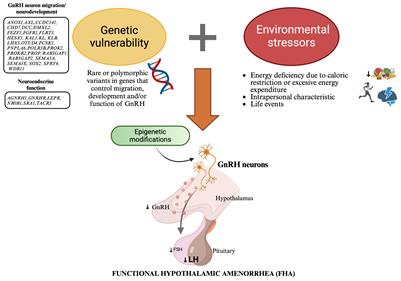
ORIGINAL RESEARCH
Published on 28 Aug 2023
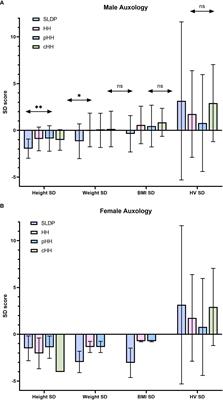
REVIEW
Published on 28 Jun 2023
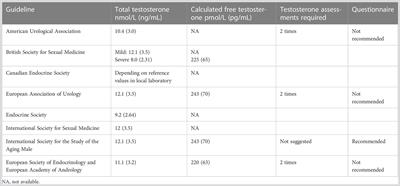
ORIGINAL RESEARCH
Published on 18 Jan 2023
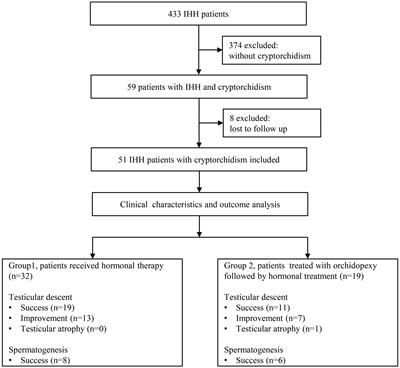
ORIGINAL RESEARCH
Published on 02 Nov 2022
